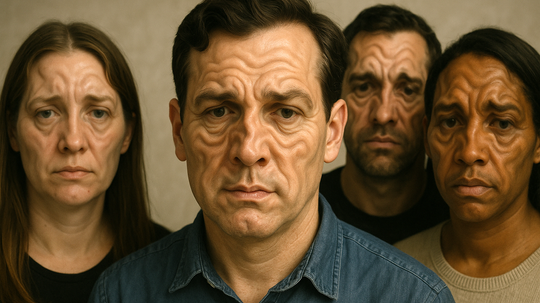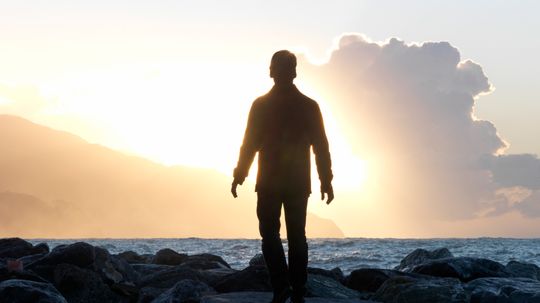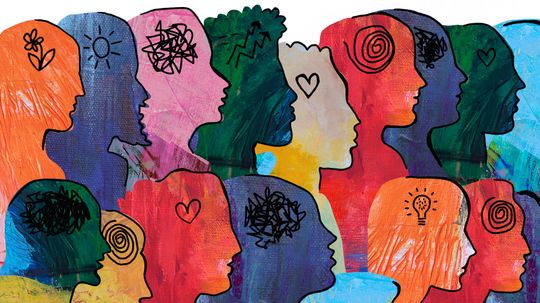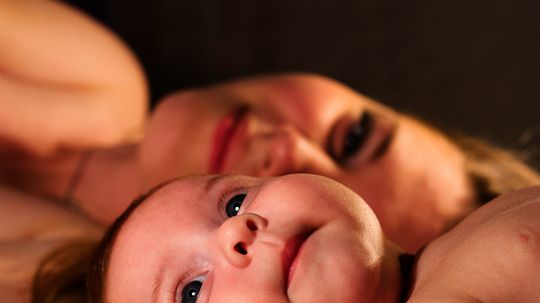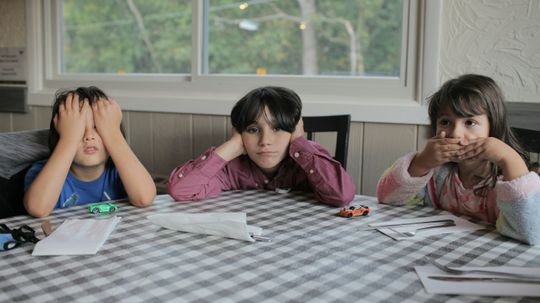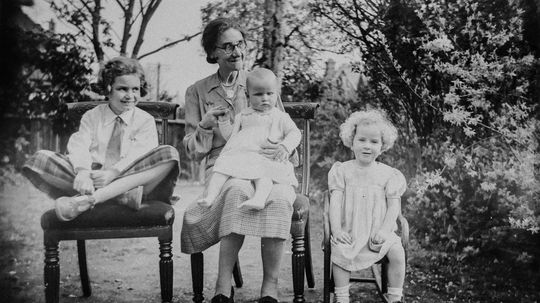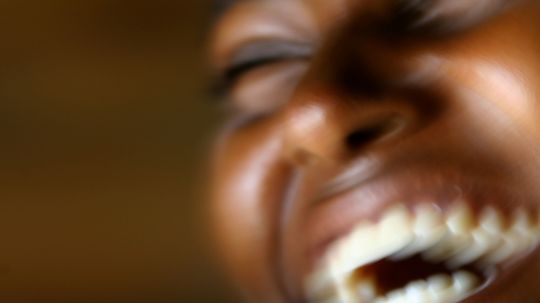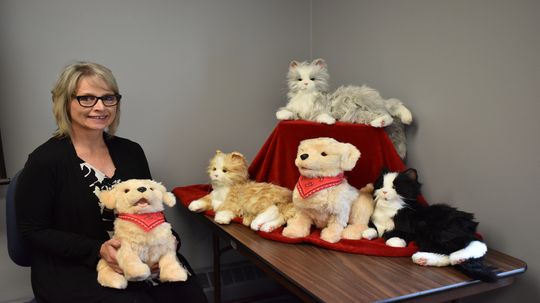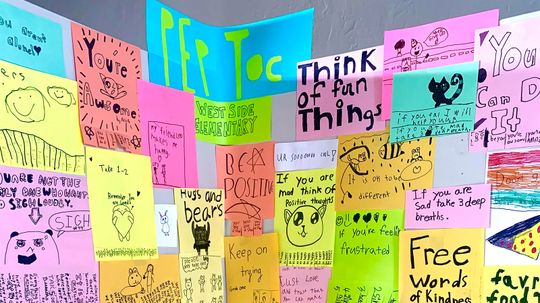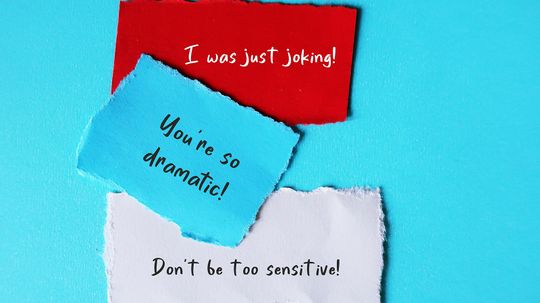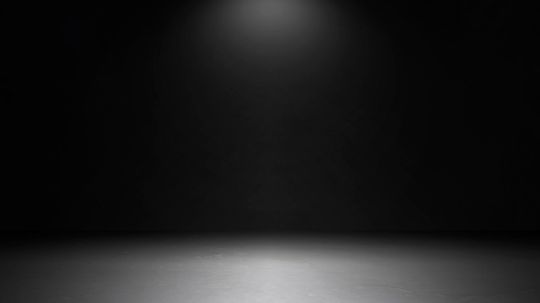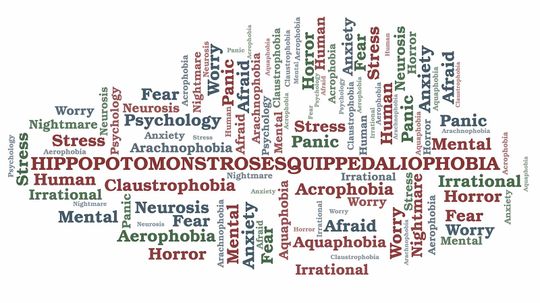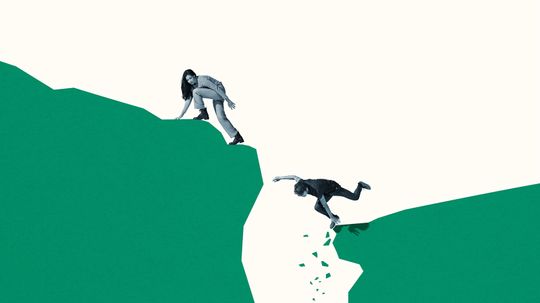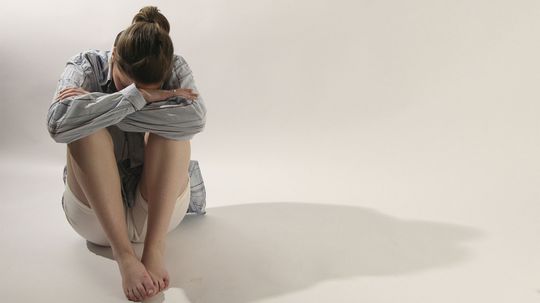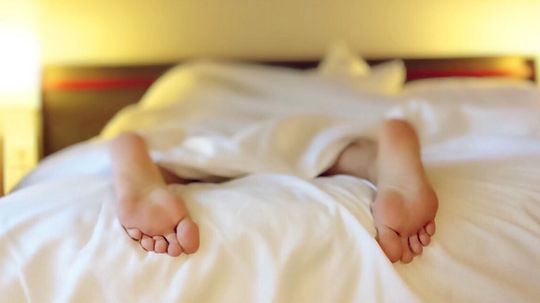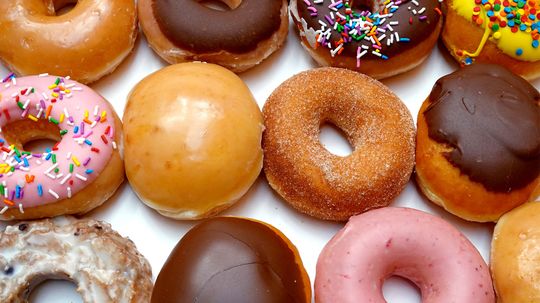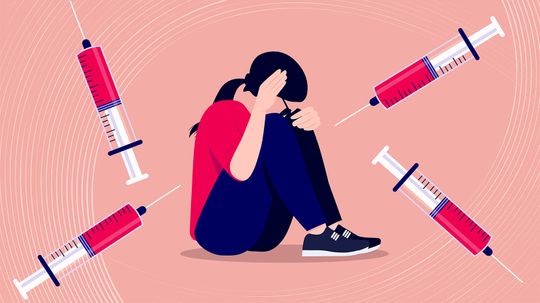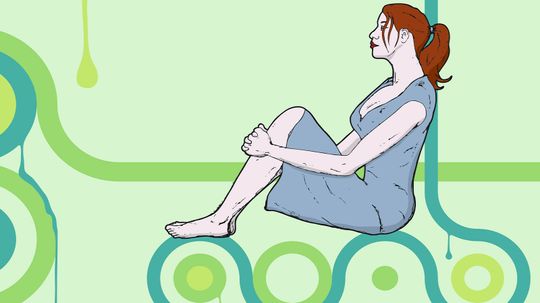Mental Health
Find articles on stress, phobias and schizophrenia. This section offers information on a range of mental health issues.
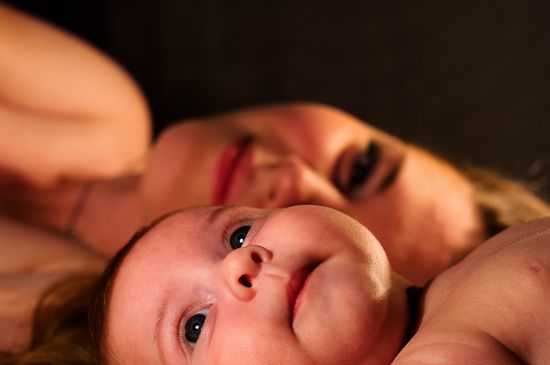
Youngest Child Syndrome: The Perks and Challenges of Being the Baby of the Family
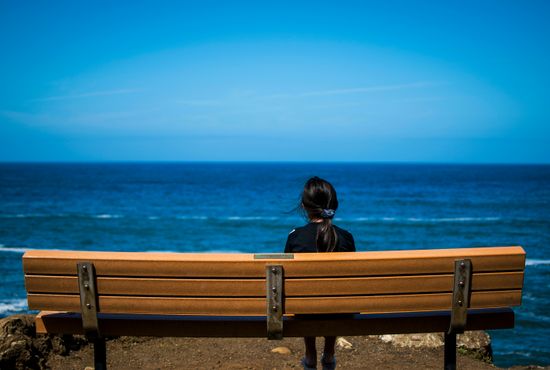
Only Child Syndrome: What It Is, Myths, and Facts
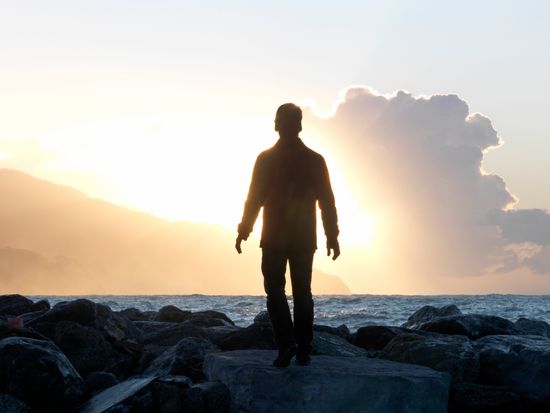
Unlocking the Mysteries of Seeing Dead Loved Ones in Dreams
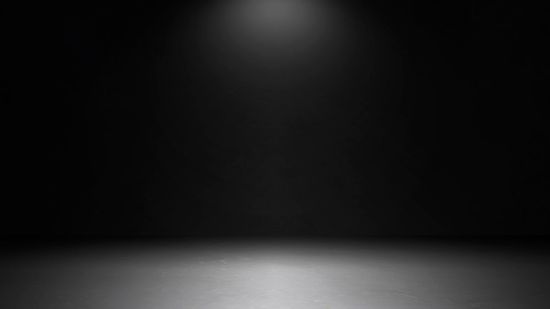
How Living in Total Darkness Sabotages Your Sleep
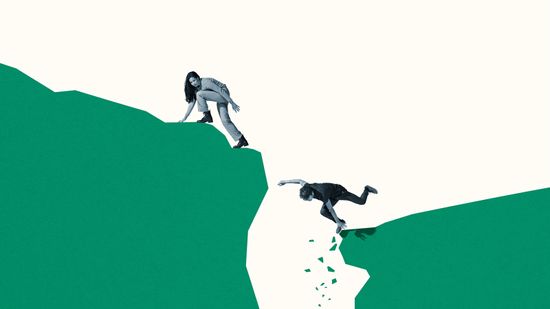
What Causes Nightmares, and How Can You Lessen Them?
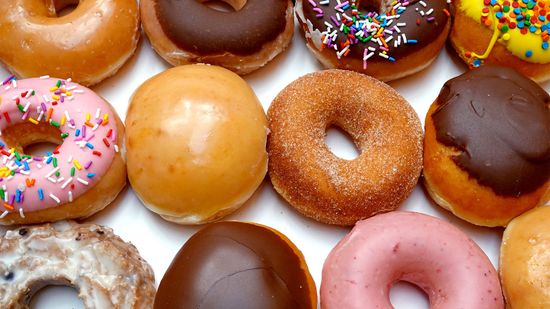
Ultra-processed Foods Are Addictive by Same Criteria as Tobacco
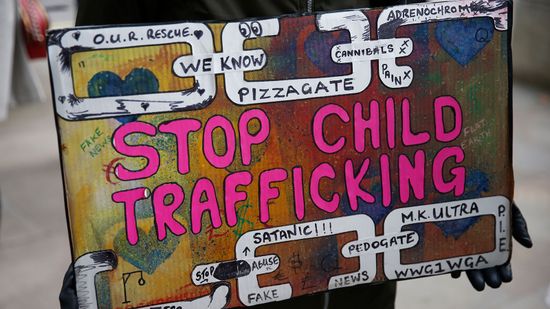
When Does Belief in a Conspiracy Theory Like QAnon Tip Into Addiction?

HowStuffWorks: What is Jessie's Law?
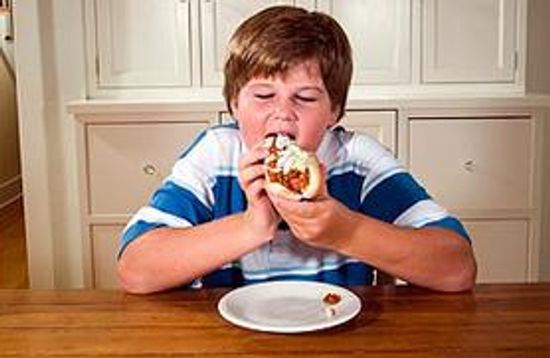
For 64 Percent of Kids with ADHD, Food is the Cause

Can food allergies cause ADHD?
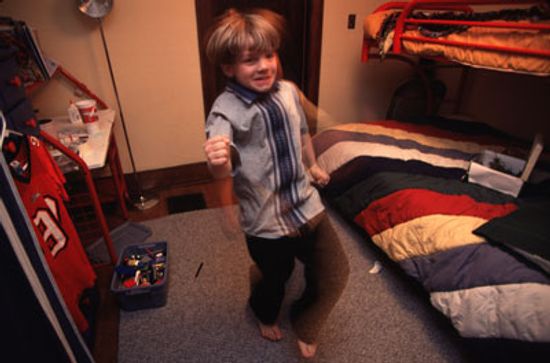
ADHD Overview
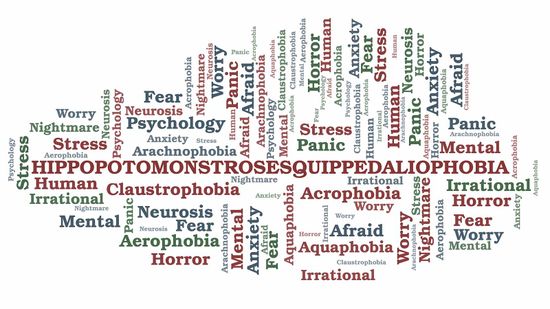
Do You Have a Fear of Long Words?
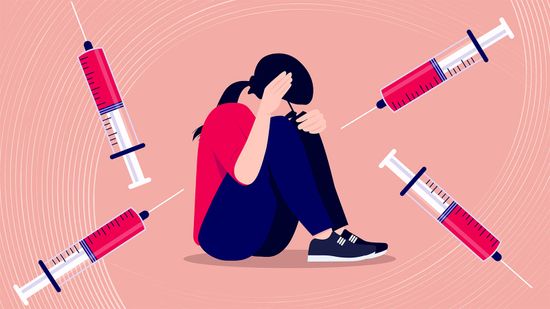
Trypanophobia: When the Fear of Needles Has You Stuck

Thalassophobia: Do You Fear the Deep Ocean?

What is the autism diet?
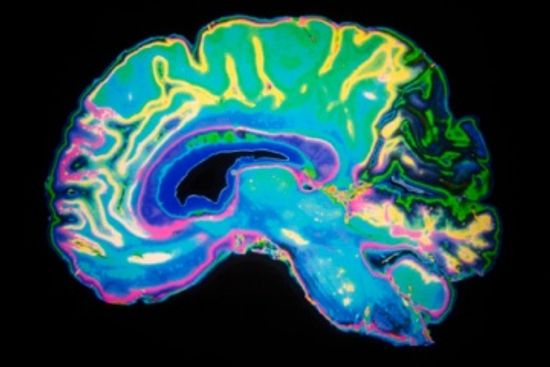
Autism Causes
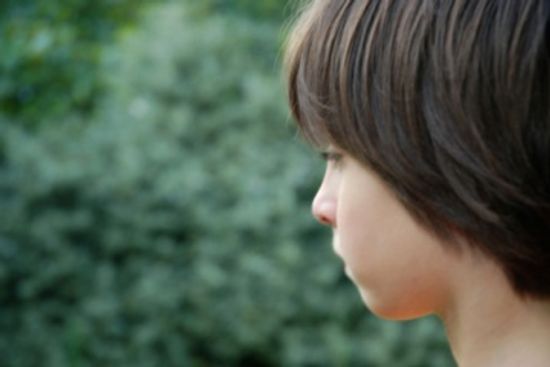
Autism Language Difficulties

3 Key Steps to Finding the Right Therapist for You
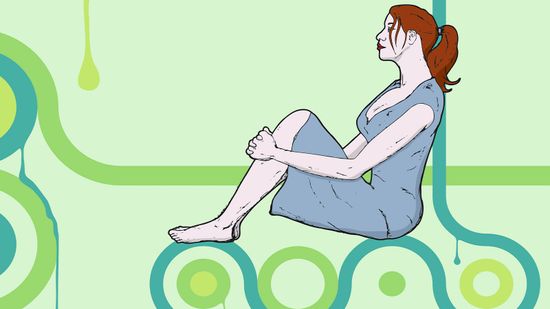
How Maladaptive Daydreaming Can Take Over Your Life
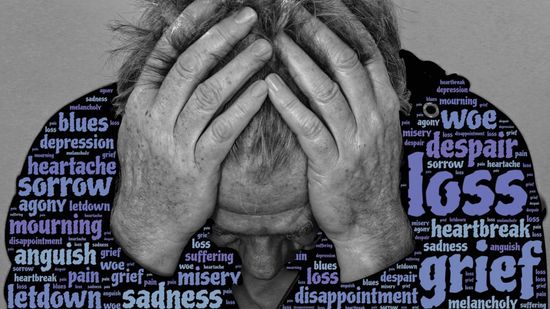
STUG: When Grief Hits Like a Bolt Out of the Blue
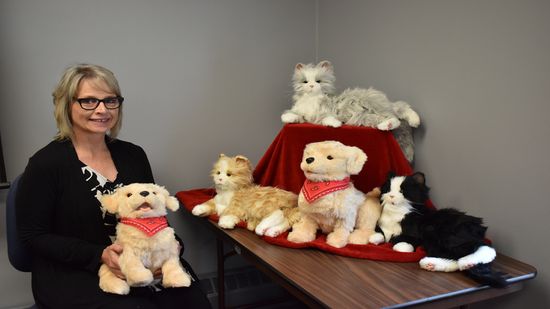
Lifelike Robo Pets Help Seniors Combat Loneliness

Insights on Alzheimer's From the Long-running Nun Study

Is there a link between concussions and dementia?

Youth Suicides Rose After FDA Added Antidepressant Warnings

Here's How You Help a Friend With Depression
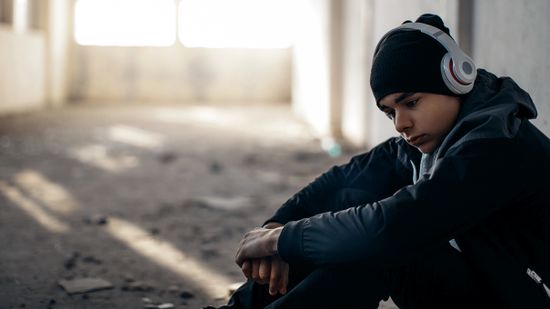
'Gloomy Sunday:' The Song Linked to More Than 100 Suicides
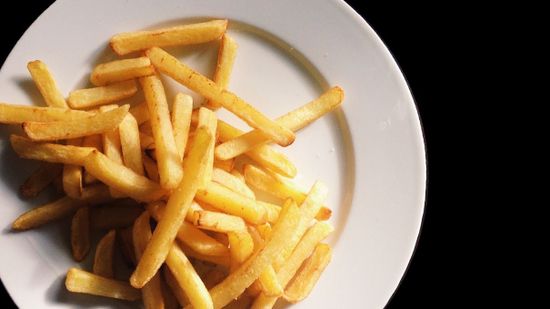
Picky Eating in Adults Is a Diagnosable Disorder — Really

5 Signs of Weight Obsession
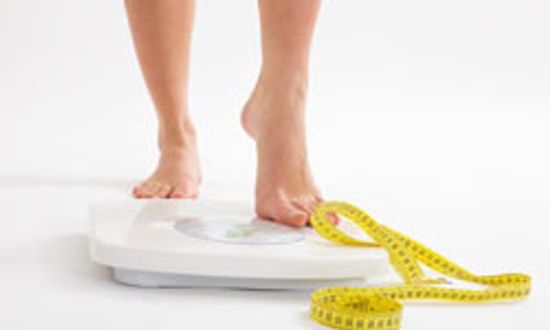
10 Facts About Eating Disorders

What's the Difference Between a Sociopath and a Psychopath?

Digital Hoarding Could Be Harmful to Your Mental Health

Which Jobs Have the Highest Suicide Rates?
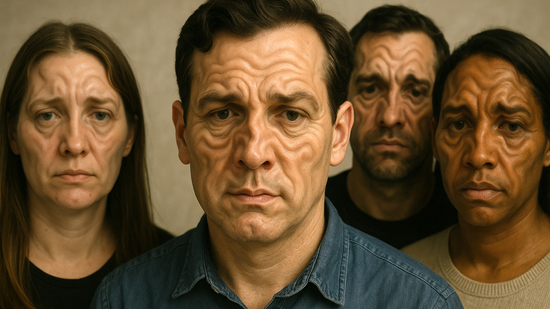
Demon Face Syndrome: A Rare Neurological Disorder

Hear Sounds When Watching Silent Videos? It Might Be Synesthesia

When Wisecracks and Puns Are Symptoms of Brain Damage

How Sigmund Freud Worked

Freud, Sigmund
Learn More
Your brain is your best friend — until it decides to go rogue. And that's pretty much what happens with demon face syndrome, aka prosopometamorphopsia, aka PMO.
Uncover the meaning behind seeing a dead person alive in dreams, symbolizing unresolved emotions, spiritual messages, or personal transformation.
By HowStuffWorks
Content warning: This article discusses self-harm. If you or someone you know needs help, dial 988 or text SAVE to 741741.
By Zach Taras
Advertisement
Discover the distinct traits and experiences of the youngest child in the family. This article explores how the 'baby' of the family navigates their role, from extra attention to the challenges of being the youngest sibling.
By HowStuffWorks
Explore Oldest Child Syndrome and the unique pressures firstborns face, from heightened expectations to leadership roles, and how these experiences shape their personality and behavior in adulthood.
By HowStuffWorks
Is Only Child Syndrome real or just a myth? Uncover the surprising truths about growing up without siblings—explore the unique traits, challenges, and advantages that set only children apart. What does science really say?
By HowStuffWorks
Is being the middle child a hidden struggle? Uncover the secrets of 'middle child syndrome' and its surprising impact on your life.
By HowStuffWorks
Advertisement
Learn how birth order impacts personality and behavior with insights from the Birth Order Theory. This article explores how being a firstborn, middle child, or youngest influences traits like leadership, creativity, and social dynamics.
By HowStuffWorks
"Let's go to grandpa's room and see if it still smells funny," said Tommy.
The terms sociopath and psychopath are used interchangeably, but they're not the same. So what's the differences between these two antisocial personality disorders?
In 1962, at a girls' school in Tanganyika (now Tanzania), Africa, some schoolgirl giggles turned into a countrywide health crisis. And, to this day, the laughter remains a mystery.
Advertisement
They blink, stretch, purr and are warm to the touch. Robotic companion animals have been proven to reduce stress, anxiety and antipsychotic drug use among older people, especially those with with dementia.
These days, people are looking for ways to find and share more joy instead of feeling happy about someone else's misfortune. That feeling of shared joy is called freudenfreude.
Feeling down and need someone to pick you up? Give the kids of Peptoc a call and we guarantee a smile!
Research has shown that having a good relationship with your therapist is key to having good outcomes in therapy. But how do you find one you like? We have some great suggestions.
By Alia Hoyt
Advertisement
It's a term that's often used in an argument. But gaslighting has a very specific meaning that is often lost. What is it and how can you know if you're really being gaslighted?
By Alia Hoyt
Imagine being trapped in a cave or being completely blind. Would you know when to sleep and wake? And how would that throw off your body clock?
The fear of long words is ironic, as the name is ridiculously long. What gives?
You've probably had a scary dream where you fell off a cliff, were naked in public or were chased by a monster. What causes these nightmares and can you lessen their occurrence?
By Alia Hoyt
Advertisement
FDA antidepressant warnings have led to reduced mental health care and increased suicides among youth, so what is going on?
Getting enough sleep and finding the healthiest position to sleep in go hand in hand. So, side, back, stomach? Which is the healthiest way to sleep?
Shinrin-yoku, or forest bathing, is all about slowing down and "bathing" yourself in the beauty of nature, which leads to psycho-emotional healing and stress reduction.
By Carrie Tatro
Can ultra-processed foods really be considered addictive? Or are people just overindulging in foods that they like?
Advertisement
Even though most people don't like getting shots, we can do it without much hesitation. But what if you have a debilitating fear of needles? How do you push past that to get critical medical care like the COVID-19 vaccine?
Daydreaming is often how we escape the everyday mundane. But what happens when those fantasies start to replace your real desire for life?
